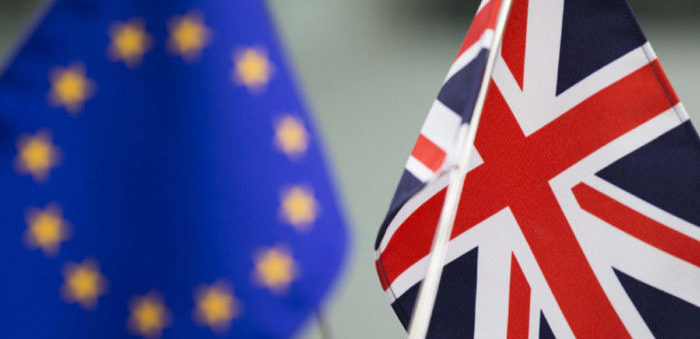With a no-deal Brexit on 31 October looking increasingly possible, Nautilus general secretary Mark Dickinson has urgently requested ‘detailed assurances’ from the UK government that British maritime professionals will not be significantly affected.
In his letter to Grant Shapps, the secretary of state for transport, Mr. Dickinson emphasizes that the ‘alarmingly short period’ to put in place the necessary new border requirements, including security and staffing.
He added that the prospect of leaving the EU without a deal raises renewed worries about the future recognition of UK certificates of competency and other seafarer certificates.
It is still unclear whether the European Commission and the European Maritime Safety Agency (EMSA) will enable a continued system of mutual certificate recognition and our members still face considerable uncertainties over the steps they should be taking to revalidate their certificates and to maintain their ability to work on ships flying other EU member flags. The Commission estimates there are nearly 4,000 UK seafarers in this position
The European Commission has pledged to prioritise re-recognising the UK, according to Mr. Dickinson, but with the time running out and so much work still to do, the UK government urgently needs to provide EMSA with relevant and up-to-date information about UK compliance. Mr. Dickinson also urged the government to agree a transitional period for UK seafarers and their employers.
What is more, Mr. Dickinson highlights the danger of a no-deal Brexit, which could undermine the UK’s maritime aspirations, as described in the Maritime 2050 vision statement:
The uncertainty caused by Brexit, and the implications of leaving without a deal, means that immediate action is required to ensure the UK has a distinctive strategic approach to its seafaring and shipping interests following withdrawal from the EU
[smlsubform prepend=”GET THE SAFETY4SEA IN YOUR INBOX!” showname=false emailtxt=”” emailholder=”Enter your email address” showsubmit=true submittxt=”Submit” jsthanks=false thankyou=”Thank you for subscribing to our mailing list”]
He continued saying that the lack of such a strategic approach was evident earlier this year when the UK chartered additional ferry capacity to keep trade flowing in case of a no-deal Brexit. As he said, the absence of any flag or crewing requirements, or controls over the pay and conditions of seafarers, created the possibility for damage to existing operators who train and employ British seafarers.
In addition, other concerning developments regarding Brexit relate to the ‘disturbing’ reduction in the size of the UK-flagged fleet, with owners changing registry due to financial uncertainties, and to comply with EU tonnage tax requirements for a proportion of a qualifying company’s fleet to be registered under an EU/EEA flag.
Furthermore, Nautilus said that the seizure of the Stena Impero highlighted the UK’s possible isolation from the umbrella of EU maritime security initiatives:
We have been concerned about the loss of the UK’s command of the EU Naval Force counter-piracy operations, and the laudable aim of developing a multinational task force to protect merchant ships and their crews in the Gulf is clearly made much harder by the UK’s changing geo-political status
Mr. Dickinson concluded.






























































